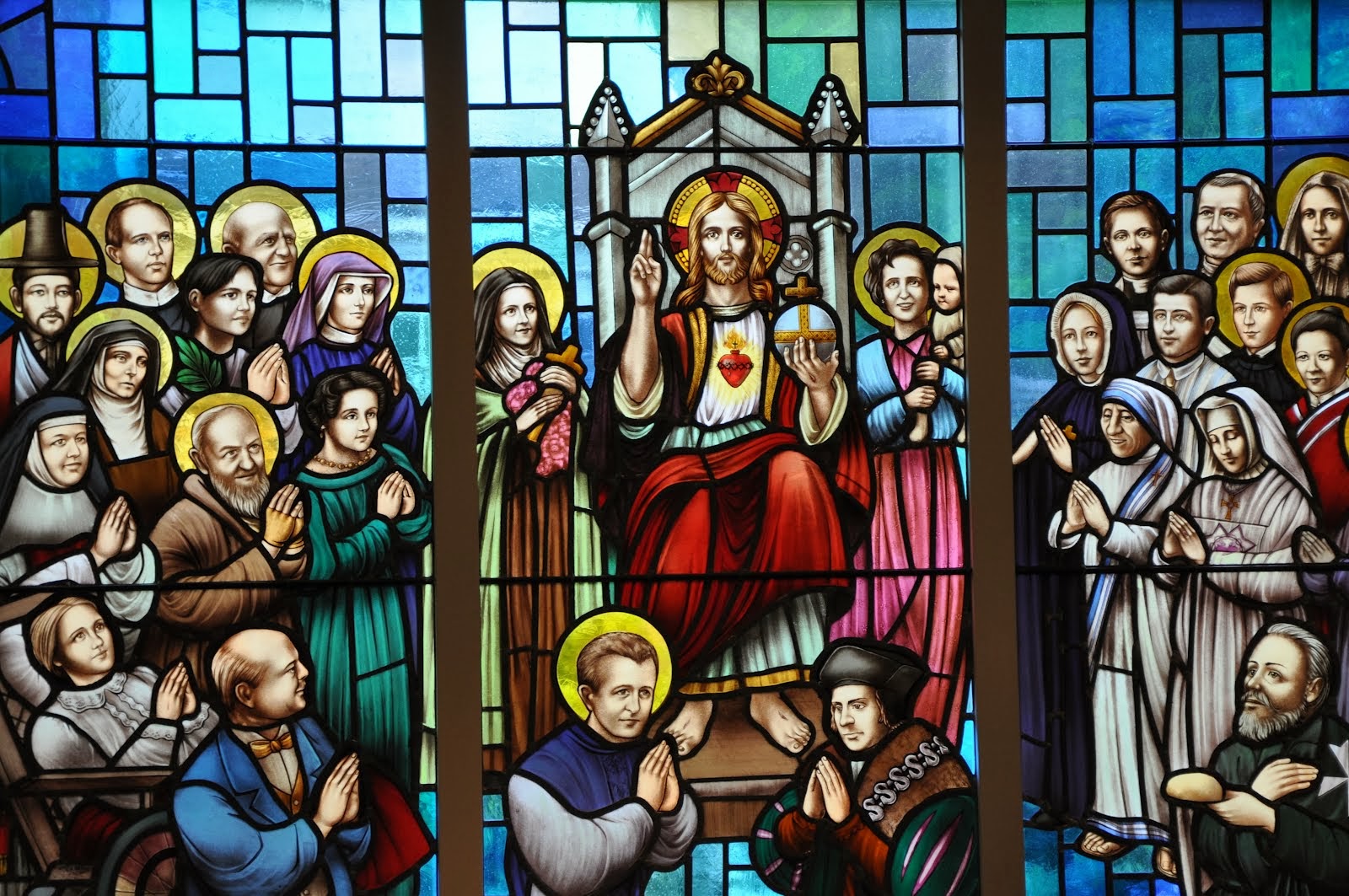
“Let [the Christian] examine his charity, to be able to say: I am born of God. If he lacks it, he is a deserter running away, even if he bears the seal of a Christian.” St. Augustine of Hippo (4th-5th centuries, Doctor of the Church)
“Love, by its nature, is a resemblance to God, insofar as this is humanly possible. In its activity it is inebriation of the soul. Its distinctive character is to be a fountain of faith, an abyss of patience, a sea of humility.” St. John Climacus (6th-7th centuries)
“Prayers, almsgiving, fasting, and pilgrimages accomplished without charity are insufficient to efface the sins of those who practice these devotions.” St Thomas Aquinas (13th century, Doctor of the Church)
“He will pardon you many crimes for the one offense you forgive your neighbor; He will be long-suffering with you in return for a little patience shown towards others; He will reward you with abundant riches for the small alms you bestow. Strive earnestly, therefore, to keep the law of charity, for in that is your life.” St. John of Avila (16th century, Doctor of the Church)
“Virtues have a place in the soul, to regulate its movements. Charity, as first among the virtues, governs and moderates everything else. It does so because God, Who made man to wear His own image and likeness, means men – after His own example – to find in love the motive and mainspring of all they do.” St. Francis de Sales (16th-17th centuries, Doctor of the Church)
“Asceticism and mortification are not the ends of a Christian life; they are only the means. The end is charity.” Ven. Fulton Sheen (19th-20th centuries)
“Do you feel as if goodness and absolute truth have been deposited with you, and therefore that you have been invested with a personal title or right to uproot evil at all costs? You will never solve anything like that, but only through Love and with love, remembering that Love has forgiven you and still forgives you so much.” St. Josemaria Escriva (20th century)
“With faith we orient ourselves toward God, with hope we invoke Him, with charity we possess Him, that is we unite ourselves to Him. That is why charity is called the queen of theological virtues. It is because, as Saint Paul says, while faith will have no more reason to exist in heaven because we will see God face to face, and so hope will cease because we will possess God, the supreme good we hope for, charity will remain and will be the only flower that adorns the soul…So, dear Aspirants, go on to conquer the queen of virtues – it will be a labor within us and around us – no one should fall asleep.” St. Gianna Molla (20th century)
“The words of Jesus, ‘love one another as I have loved you’, must be not only a light for us but a flame that consumes the self in us. Love, in order to survive, must be nourished by sacrifices, especially the sacrifice of self.” St. Teresa of Calcutta (20th century)
“Humanity is truly ‘in the image of God’ when people give of themselves continuously in imitation of the Persons of the Trinity, Who are totally self-giving, totally related to each other, and totally absolute in Their love.” Ven. Francis Xavier Nyugen Van Thuan (20th-21st centuries)
“Faced with problems and disappointments, many people will try to escape from their responsibility: escape in selfishness, escape in sexual pleasure, escape in drugs, escape in violence, escape in indifference and cynical attitudes. But today, I propose to you the option of love, which is the opposite of escape.” Pope St. John Paul II (20th-21st centuries)
